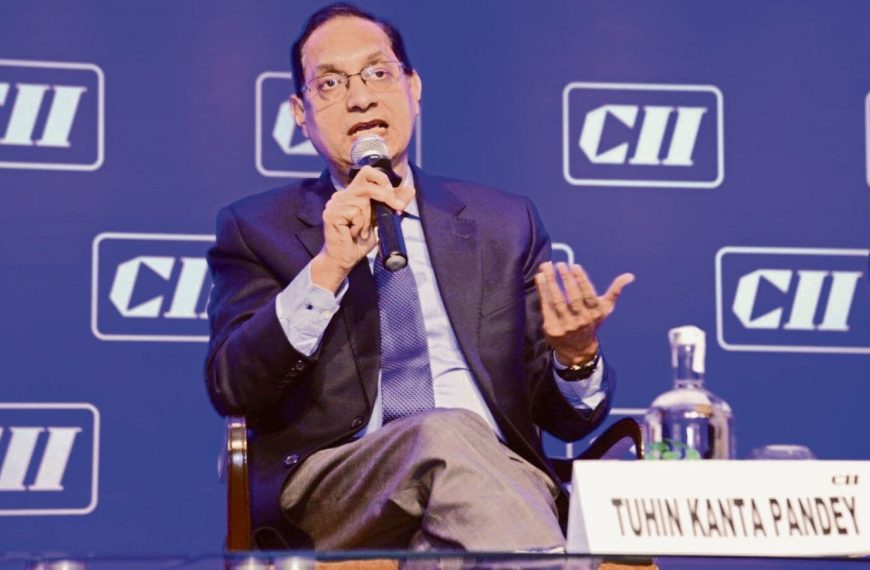On April 2, 2025, Donald Trump declared a new era in U.S. economics with the introduction of reciprocal tariffs, calling it the most pivotal day for economic freedom in American history. However, this controversial decision has sparked criticism both at home and abroad, being seen as a major setback for the established international trade framework. Since the end of World War II, the global trade landscape has thrived on reducing tariff barriers, making this shift particularly alarming.
Understanding Reciprocal Tariffs
The concept of reciprocal tariffs arises from a complex formula that calculates a hypothetical tariff based on the trade deficit with the United States. This method also factors in non-financial barriers such as currency manipulation and obstacles to market access. As a result, many countries now face increased tariffs as the U.S. government responds to perceived unfair trade practices.
- Global Market Impact: Following the announcement, U.S. markets plummeted by 4% over two days, while Japan saw a staggering 10% decline. In contrast, India has managed to weather the storm better due to its comparatively lower trade exposure and ongoing discussions for a bilateral trade agreement with the U.S.
Sectoral Impacts and Opportunities
Certain industries, such as pharmaceuticals, semiconductors, and energy, have been exempted from these tariffs. This exemption allows India’s pharma and manufacturing sectors to remain competitive against global players. Moreover, domestic industries like agriculture, FMCG, finance, and infrastructure might escape the immediate effects of these tariffs.
- Potential Winners:
- Pharmaceuticals
- Manufacturing
- Energy
Even so, the broader economic environment is strained, and Indian markets might still experience short-term challenges. Despite this, experts believe India will likely outperform other major economies during this global downturn.
Challenges for Indian Sectors
While India enjoys some advantages, industries heavily reliant on U.S. demand are facing significant risks. The IT sector is particularly vulnerable due to reduced technology spending in the U.S., compounded by high U.S. interest rates currently at 4.5%, compared to 2.5% in the EU. Many major Indian IT firms generate between 50% to 80% of their revenue from the U.S., putting them at risk.
- Export-Oriented Industries Facing Pressure:
- Auto ancillaries
- Textiles
- Aquaculture
- Basmati rice
The Growing Risk of Retaliation
The potential for retaliatory measures against the U.S. is increasing, especially from key trading partners like Europe, China, and Canada. This could exacerbate the economic fallout. Analysts now estimate a 40% chance of a U.S. recession within the next year, up from 20% earlier this year. The newly established baseline reciprocal tariff of 10% on all trading partners is expected to hinder global trade and economic momentum, impacting earnings growth and market valuations.
Upcoming Economic Data
As the fourth-quarter earnings season approaches, expectations remain subdued year-over-year, although slight improvements are anticipated quarter-over-quarter. The economic data from January to March indicates a rebound, but with a high base from the previous year and an estimated 7% EPS growth for FY25, preliminary figures suggest a 8-10% YoY earnings growth. This falls short of India’s long-term average growth rate of 15%, which may not bode well with investors.
The IT sector is expected to set the tone for earnings reports, particularly as forecasts remain bleak due to a decline in U.S. IT spending.
In summary, while India’s economic landscape shows resilience amid global challenges, the implications of reciprocal tariffs and U.S. market dynamics will continue to play a critical role in shaping the future.
For more insights on market trends and economic forecasts, stay tuned to our updates.











